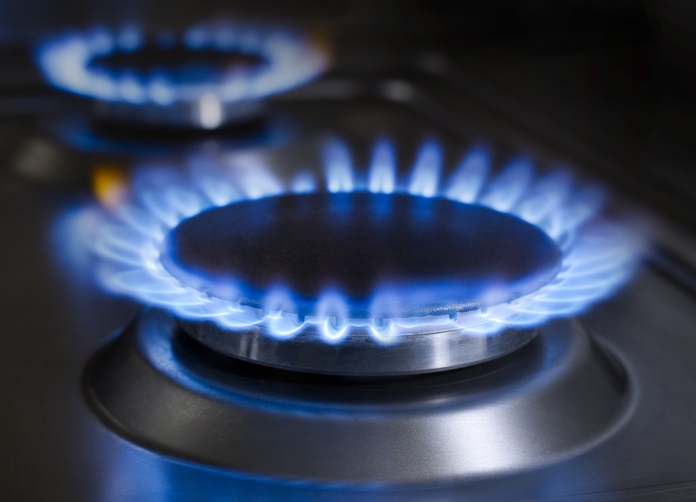Energy price cap hits £4,279 in January
24th November 2022 11:06
by Myron Jobson from interactive investor
Energy Price Guarantee protects bill payers from increase – but many people are still struggling at the current level.

Commenting, Myron Jobson, Senior Personal Finance Analyst, interactive investor, says: “The energy price cap hike from January has no bearing on bill payers thanks to the Energy Price Guarantee, which limits rates a supplier can charge for their default tariffs to £2,500 a year for a typical household. But it lays bare the meteoric rise in energy prices.
“Without government support, the average household would be paying around £4,279 for energy under the new cap, an unfathomable amount which is 54% more than the level in April 2022 (£1,971) and 70% more than the level in October 2021 (£1,277). £2,500 (on average) is already a painful amount to spend on energy but £4,279 would have been crippling for households. Although all the various cost-of-living support schemes have helped to take the sting out of the eye-watering rise in energy costs, many are still struggling with bills.
“The price guarantee means the state is paying the difference. It is an expensive initiative for the government to maintain - set to be costlier when the energy price cap goes up in January. This comes at time when the government is upping taxes and cutting public spending to plug a sizeable black hole in the public’s finances. The government hopes to fund some of the cost of the scheme through the recently announced increase in windfall taxes on oil and gas, and electricity generation companies.
“The hope is the cap will move below the guarantee ceiling in the near future – but there is still so much up in the air. There are concerns that energy bills will remain inflated as countries scramble to replace supplies of Russian gas, which have been cut since its devastating invasion of Ukraine.”
Avenues for help with living costs
“If you are struggling to pay your energy bills, contact your energy provider to ask for support. Many operate a hardship support fund offering grants to the most cash-strapped customers to help pay off their bills. Those struggling with the cost of living could also be eligible for grants from the Household Support Fund - introduced in September last year to help vulnerable households pay for essentials amid the once-in-a-generation type rise in the cost of living.
“The fund is distributed through councils in the form of small payments. Crucially, not everyone in the UK qualifies for this benefit and the eligibility process can vary from one council to another. But it is assessed on your financial ability to meet your own needs and those of your dependents.”
“It is worth consulting a debt advice charity such as StepChange or Turn2Us and they will go through all your options.”
These articles are provided for information purposes only. Occasionally, an opinion about whether to buy or sell a specific investment may be provided by third parties. The content is not intended to be a personal recommendation to buy or sell any financial instrument or product, or to adopt any investment strategy as it is not provided based on an assessment of your investing knowledge and experience, your financial situation or your investment objectives. The value of your investments, and the income derived from them, may go down as well as up. You may not get back all the money that you invest. The investments referred to in this article may not be suitable for all investors, and if in doubt, an investor should seek advice from a qualified investment adviser.
Full performance can be found on the company or index summary page on the interactive investor website. Simply click on the company's or index name highlighted in the article.